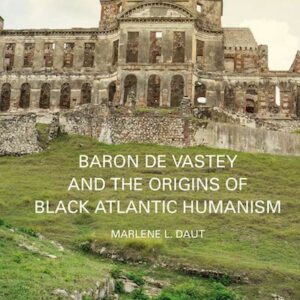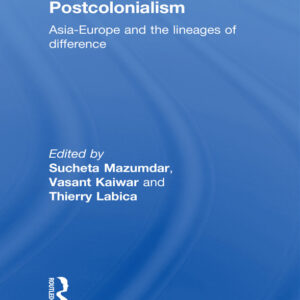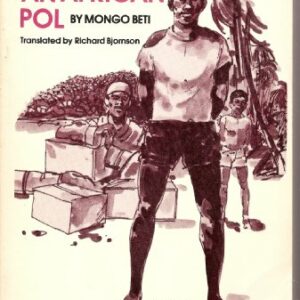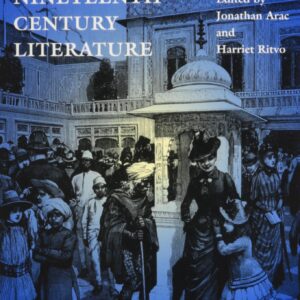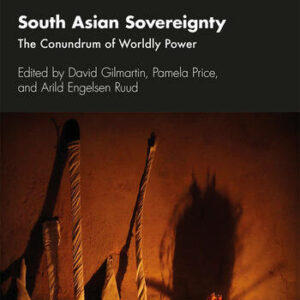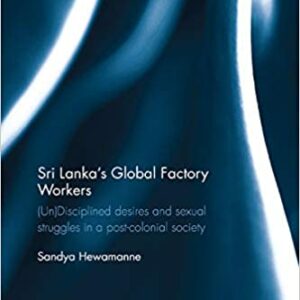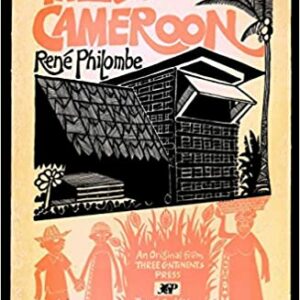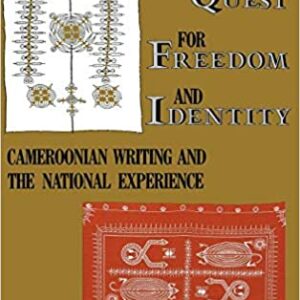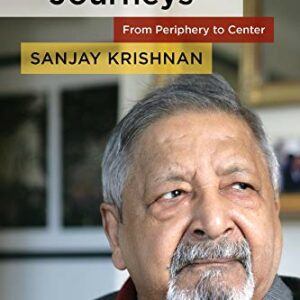
African Words, African Voices: Critical Practices in Oral History
Edited by Luise White (NHC Fellow, 1993–94; 2016–17), Stephen Miescher, and David William Cohen Until the advent of African independence, Africans were not considered fitting subjects for historical research and their words, voices, and experiences were largely absent from the continent's history. In thirteen lively and provocative essays focusing on all areas of Sub-Saharan Africa, … Continued
